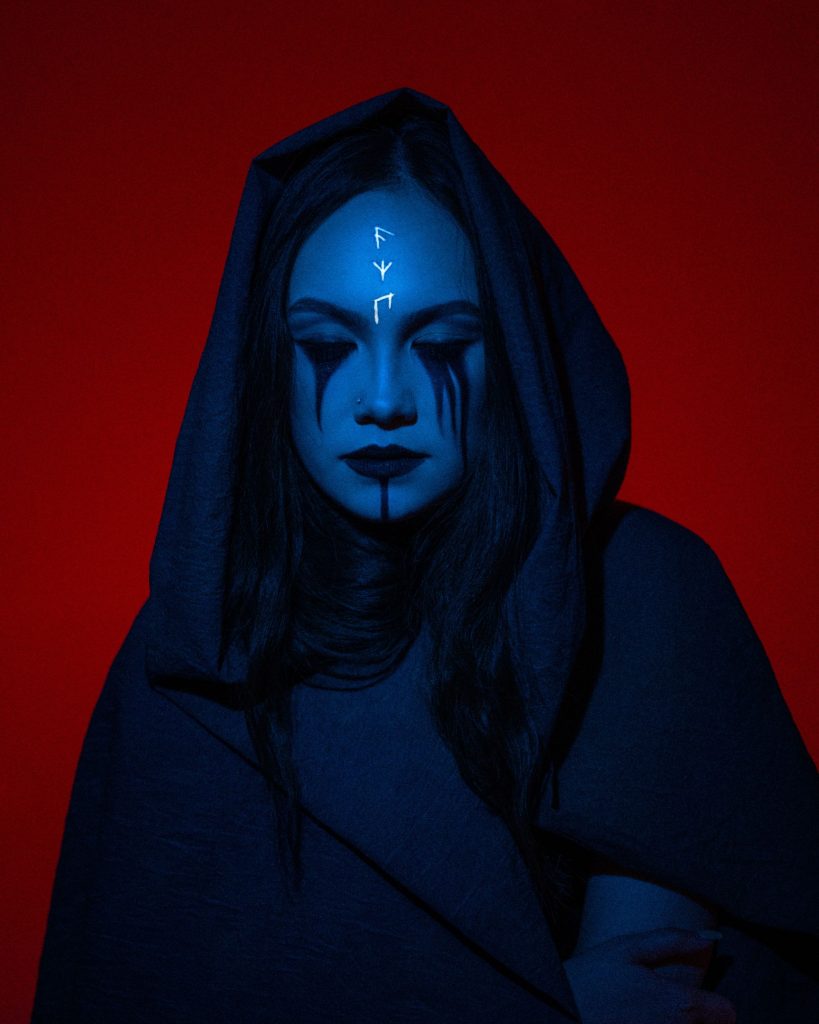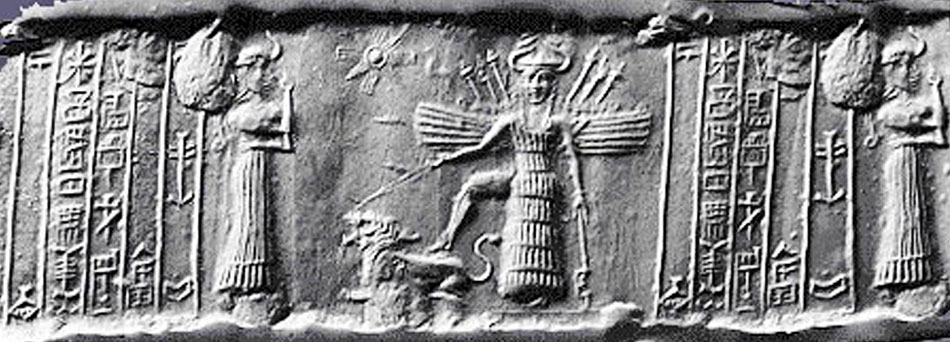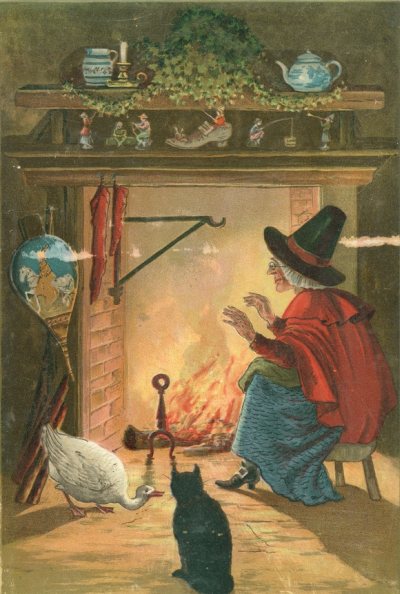Well, I said last month that plenty of material existed for a discussion on “The Witch,” didn’t I? Might as well hop straight to it!
The concept of the Witch is, arguably, more modern than that of the Wizard. It has endured the ages a little better, and I think that’s because of one primary characteristic: The idea of the Witch can change form, as emotions change.
How? Why? Let’s explore.

Where Did “The Witch” Come From?
HISTORY
The term ‘witch’ has a mysterious origin. Fitting, right?
Confusion surrounds the term. Many cultures had a similar concept, and often-similar terms for it. But the terms’ definitions vary. A lot.
The word “Witch” could come from “wicce,” Old English for “female magician.”
Or the Middle Low German “wicken,” for “to bewitch.”
Or the Proto-Germanic “wikkjaz,” for “necromancer.”
Or even Proto-Indo-European (waaaay back) “weg-yo,” for “to separate, to divide.”
I found at least seven more related terms among Anglo-Saxon and middle-to-modern Germanic. But I think you get the idea.
Similarly, its meaning stretches all sorts of ways, depending on the period.
Is a ‘witch’ just someone who practices magic?
A woman who conducts harmful acts of sorcery?
A necromancer? (I enjoy the notion that ancient peoples had cause to fear someone raising the dead. More on this in a moment.)
A rejection of The Current Religious Thing™?
It’s not even gender-specific. The original terms did not specify male or female.
This is part of the reason why the Salem Witch Trials involved men and women. (Yep, almost a fifth of the people accused at Salem – with no credible basis – were men.)
APPEARANCES IN FOLKLORE & FICTION
Witches pervade folklore. Almost every culture in the history of humanity contained a tale of a witch. For good or ill (but mostly ill).
Some famous examples of legendary witches include Circe from Homer’s The Odyssey, Morgan le Fay from Arthurian legends, the Baba Yaga from Russian folklore (you do NOT want to mess with her), and Grimhildr from Norse mythology.
However, there’s one particular reference among ancient mythologies I want to cite here.
In the myths of Babylon, one of the oldest known civilizations, a goddess named Inanna (or Ishtar) descends into the underworld. A husband and wife pair rule this primal underworld, Nergal and Ereshkigal. Ereshkigal is depicted as a powerful sorceress, who conjures great magics and commands legions of the dead.
When her sister Inanna comes to her in the underworld, they do battle. Now, Inanna is considered the goddess of love, beauty, and sex in this mythology. Think Aphrodite with some attack spells.
But Inanna is no match at all for Ereshkigal. She inflicts sixty (60!) illnesses upon Inanna through magic, kills her, and hangs her body on a meat hook. Talk about sibling rivalry.
Is Ereshkigal a Witch? Use of magic, necromantic ability, a position of power, a place in a people’s legends…indeed so. Given the age of the myth, this could even be the source for the idea of “witches” as necromancers.
I find this sort of depiction more accurate to the history of the Witch, as opposed to medieval European concepts. They believed all Witches made pacts with Satan, who gave them magical powers in exchange for their soul. Too rigid. And frankly, Old Scratch is not as one-dimensional as that.

Witches in fiction…well. Take your pick! The Sanderson Sisters, the Wicked Witch of the West, and a thousand more besides. I even have a couple in “The Stiamaq Emerald.”
They make for a versatile character type, good, bad, and in-between. In some cases a Witch can even present an ideal. And that’s where we start to see the real allure.
The Power in the Witch’s Hands
I want to draw a parallel here. In general, we think of Wizards as male and Witches as female. What kind of power do they each hold?
It turns out, they hold pretty much the same power – arcane knowledge.
Whereas the Wizard wields such knowledge in an academic, high-brow, tea-with-milk sort of way, the Witch wields it in terms of emotion. Using spells and secrets to stir fear, gain influence, or punish those who trespass.
(Hey, I don’t like people trespassing either. Darn kids, get off my lawn!)
As with Wizards, Witches gain knowledge by means of unusual, rare, or suspicious ways. In the same way they cultivate power among the populace, testing boundaries, exploring forbidden zones.
The Witch, however, gained a darker cast over the periods of history. Why? Because traditionally, they’re willing to explore dark places. While Wizards often stayed within certain frames of mind, even the tenets of a socially-approved religion, the Witch freely ignored this restriction.
In so doing the Witch cultivates not only knowledge, but uncertainty. People don’t know what to make of them…which usually translates to fear of what they could do. A vestige of power from belief, similar to the Wizard, but achieved through different means. Emotional means, which can strike awe and terror at the same time.

Wait, weren’t there two little kids around here a minute ago…?
How to Think About Witches Today
I’d say thinking about Witches today is roughly the same as Wizards…as an explorer of the arcane. This may take a lighter, or a darker path. You won’t know until you encounter one. As I said before, their form changes as emotions change.
Which reminds me – many people today consider themselves practicing witches today. And they have the full right & ability to do so. Hogwarts exams aside, exploration of arcane knowledge is open to all.
How we choose to explore it is up to us…as long as we remember that we don’t control the perceptions of others. If the Witch has any flaw, that’s it.
Interested in looking more into the Witch archetype? Here’s some resources.
https://www.learnreligions.com/witches-in-mythology-and-legend-4126677
https://en.wikipedia.org/wiki/Witch_(word)